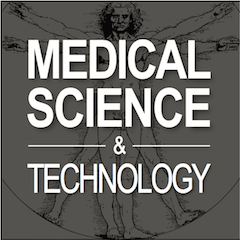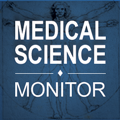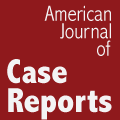Get your full text copy in PDF
Alicja Lubańska, Daniel Laubitz, Anna Sikora, Elżbieta Grzesiuk, Romuald Zabielski
Med Sci Tech 2005; 46(3): RA23-28
ID: 881471
Introduction: There are manystress factors inducing heat shock response: hightemperature, oxidative stress, chemicals, UV radiation, nutritional deficiencies, anddiseases. Heat shock proteins (Hsps) protect cells against various environmental and physiological stressors. Cytoprotection caused by Hsps involves tolerance induced by one agent against other, more severe agent. We can observe this phenomenon from bacteria to man. In all organisms HSPs expression under stress conditions is regulated at transcriptional level, in Escherichia coli by replacement of RNA polymerase sigma factor σ70 for sigma factor σ32 and in an eucariota cells heat shock response is regulated by the activation of the Heat Shock Factor- HSF. This activation depends on the level of Hsp70. Materials and methods: In this study were used an ex vivo prokaryotic (Escherichia coli) and eukaryotic (enterocyte-like Caco-2 cells) models to check if an electrical field(EF)accompanyingthemyoelectrical migrating complex (MMC) in the small intestine induces heat shock response. Results: We found that an electrical field (EF) accompanying the myoelectrical migrating complex (MMC) in the small intestine induces heat shock response and protects cells against apoptosis. Discussion: We propose a novel mechanism protecting epithelium of small intestine and the symbiotic bacteria living therein against toxic agents present in digested food. This mechanism does not involve temperature as an inducer of stress response. (Clin. Exp. Med. Lett. 2005; 46(3):23-28)
Keywords: Caco-2, myoelectrical migrating complex, Escherichia coli, heat shock proteins



